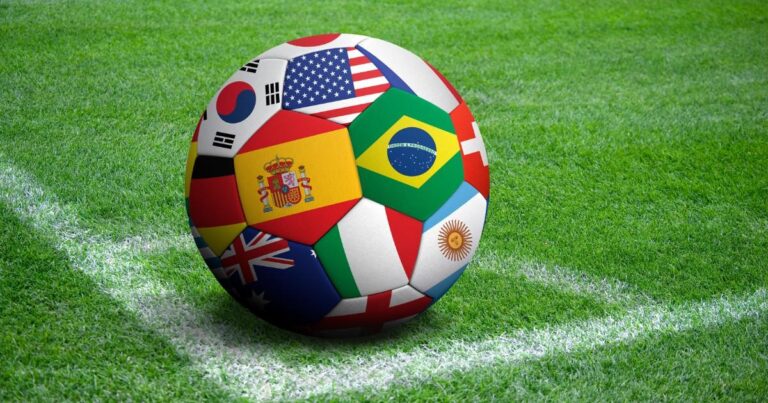Toronto and Vancouver will host the FIFA World Cup for the first time in 2026, a huge event that could place strain on the cities’ short-term rentals, industry experts say.
Toronto will host six matches at its BMO Field with an estimated 300,000 fans in attendance, while Vancouver will host seven matches at BC Place, with expected crowds totalling about 350,000. The group stage matches in the first phase of the tournament will occur in June 2026.
Vancouver faces hotel and rental pressure
Unlike the 2010 Olympics in Vancouver, which saw the Olympic Village built near False Creek and the Canada Line of the SkyTrain completed, no new infrastructure will be built in either city for the World Cup. That means no new land will be unlocked for real estate development.
Susan Thompson, the head of research at Colliers and author of a report on real estate trends in Vancouver ahead of the World Cup, told Real Estate Magazine that the matches will put pressure on Vancouver hotels that already are struggling to meet demand.
“We all know Vancouver is underserved in the hotel market,” she said. “I expect this is going to increase the pressure for hotel development as well as expand the secondary rental markets across the city.”
In April, Vancouver unveiled an updated policy for hotel developments that eases restrictions and allows more density. However, Thompson said that the policy likely won’t result in more hotels by next year, given the short amount of time until then.
Instead, she said that it is likely the city will examine its short-term rental policies, such as a short-term rental registration that began just in June this year, and could loosen that up in time for the games.
Experts skeptical of real estate boost
William McCarthy, president of real estate firm W.P.J. McCarthy and Company, has done his own research into the impacts of sporting events in Vancouver, including the 2010 Olympics. His take, though, is a skeptical one on the potential positive impacts of such events, arguing that the benefits often do not outweigh the expenses. He views the 2026 World Cup with the same skepticism, such as with municipal and provincial claims that the games could attract up to a million people to come to Vancouver over the next five years.
“That is a real hypothetical modeling that I don’t buy into,” he said, noting it is likely fans from countries playing could visit during the tournament. “I find it hard to believe that somebody’s going to come back to Vancouver repeatedly because they had a good time watching their team play a soccer game, and they’re going to now start thinking about investing.”
Vancouver boasted that the Olympics helped boost real estate investment, which saw a boom shortly after the games, according to McCarthy. He says, though, that the boom was already happening and likely to occur even without the games.
Today, the city is quieter about predicting any positive real estate impacts from the World Cup, he said, and that likely is because there are many more restrictions in place than back in 2010, such as a ban on foreign ownership and more obstacles concerning short-term rentals. Those restrictions mean there will likely be much less investment in the city after the World Cup compared to after the Olympics, so McCarthy doesn’t see the World Cup having much of an effect on real estate in either of the cities.
Toronto outlook tied to infrastructure
For Toronto, Shoreline Realty Corp. agent and broker Marco Pedri told REM he doesn’t think either that the World Cup will have much of an effect on the city’s real estate or level of investment. He said the games could give Toronto some good exposure, but warned that the city should try to be seen in the best light. High levels of traffic congestion could paint a negative picture of the city that could deter some interested in its prospects, he said.
“The advantage of these games is putting pressure on the municipal governments and provincial governments to improve the infrastructure and logistics of getting around to these major venues,” Pedri said. “(That) is beneficial for not only investors who are considering putting their money in real estate here, but also for the people that currently live here.”
Pedri said that the games should also put pressure to create more short-term rentals in the city, but there is a lot of red tape that could stand in the way. For example, an apartment must be your primary residence to rent it out on Airbnb. That could be tricky for some who want to add to the short-term rental stock while also enjoying the games themselves.
Pedri expects there to be a healthy amount of visitors, especially considering the current political climate in the United States with President Donald Trump:
“If we do have this glimmer of hope where we might get in more of an influx of people coming from Europe to Canada rather than the United States, are we prepared to be seen in the best light possible?”
Eric Stober has over 10 years experience as a journalist and writer at publications big and small, including Global News, Toronto Life, Post City Magazine, Greencamp.com, the Toronto Star and The Grid.
